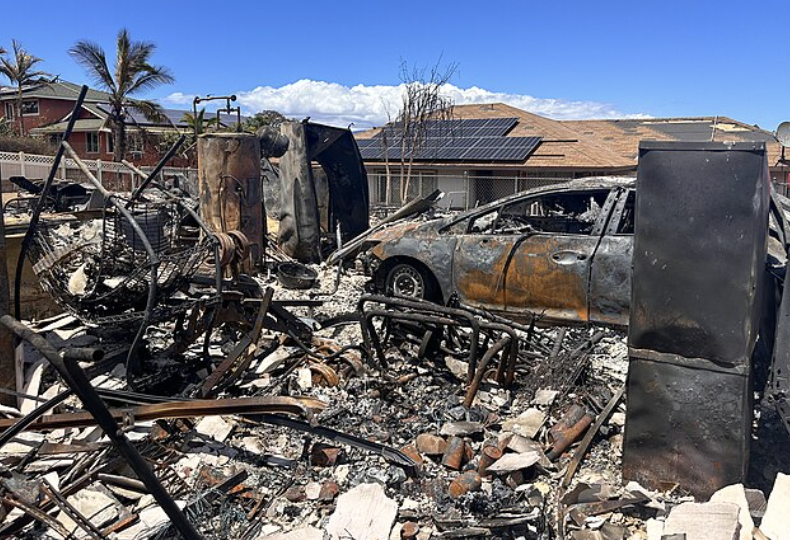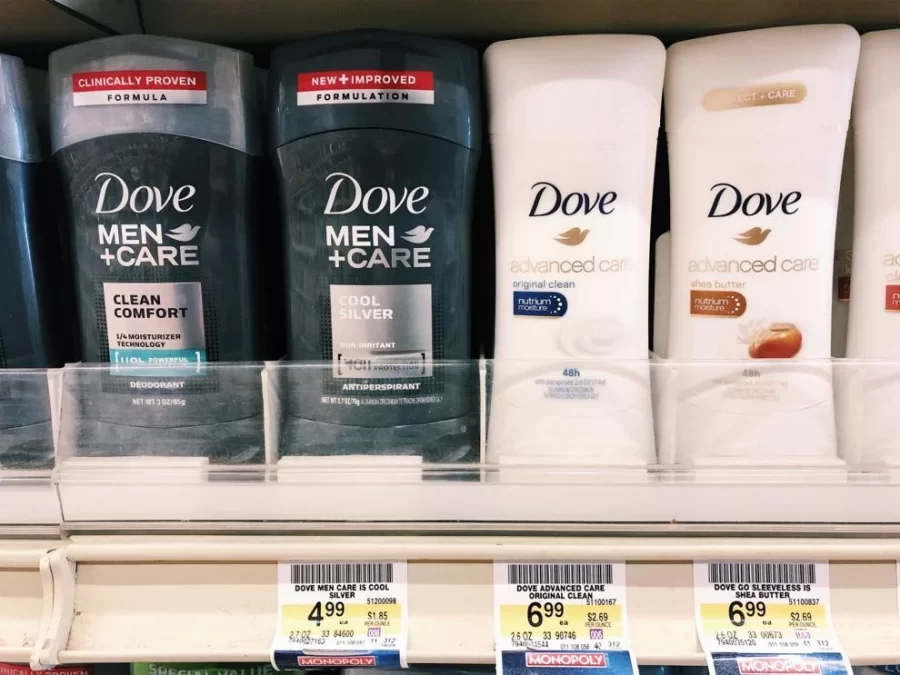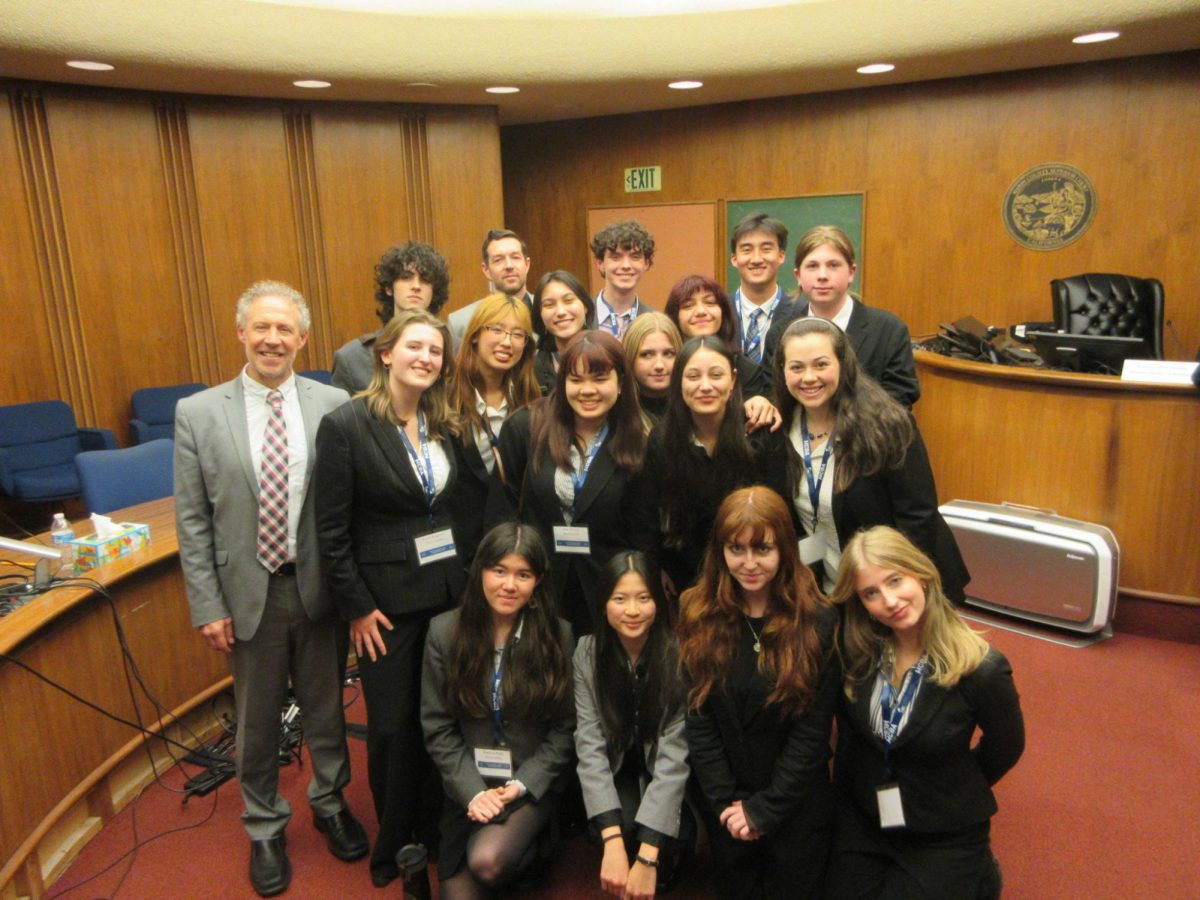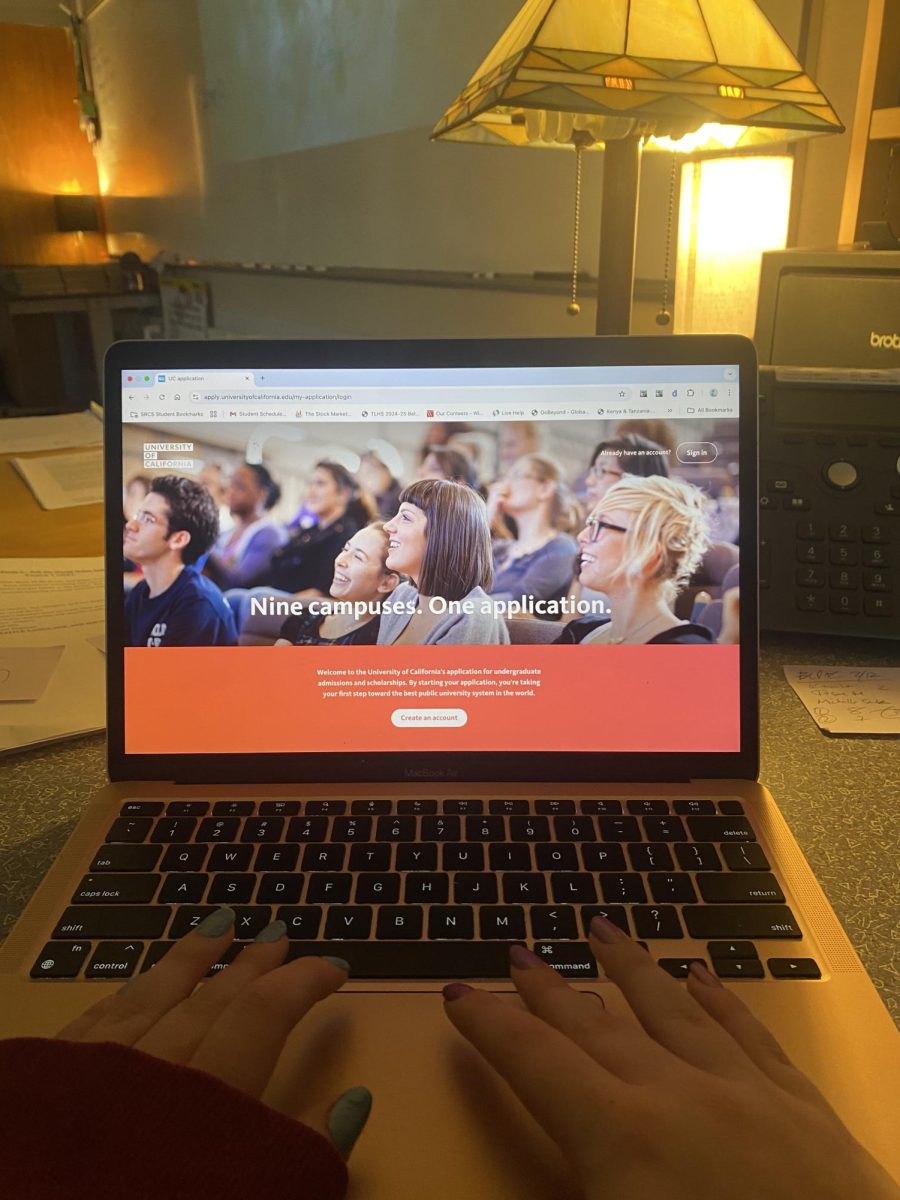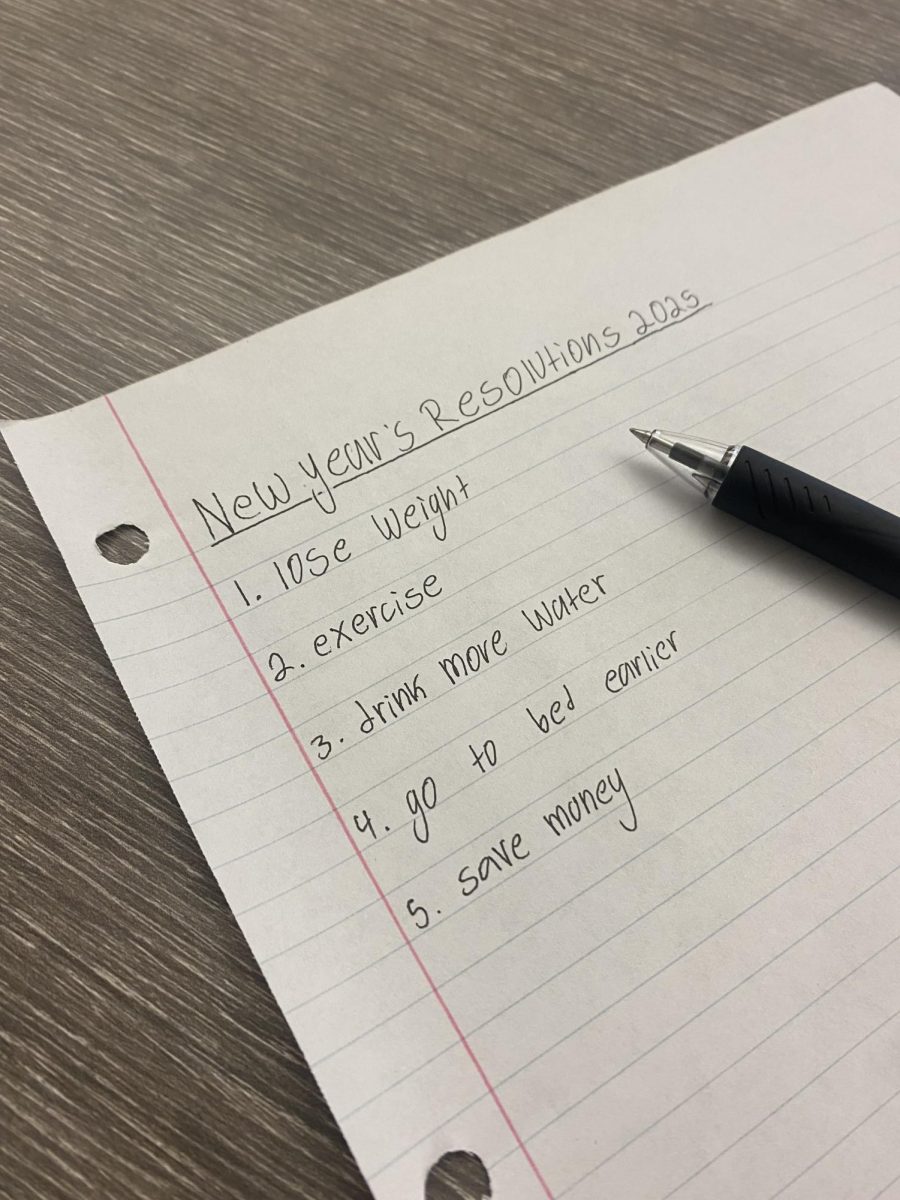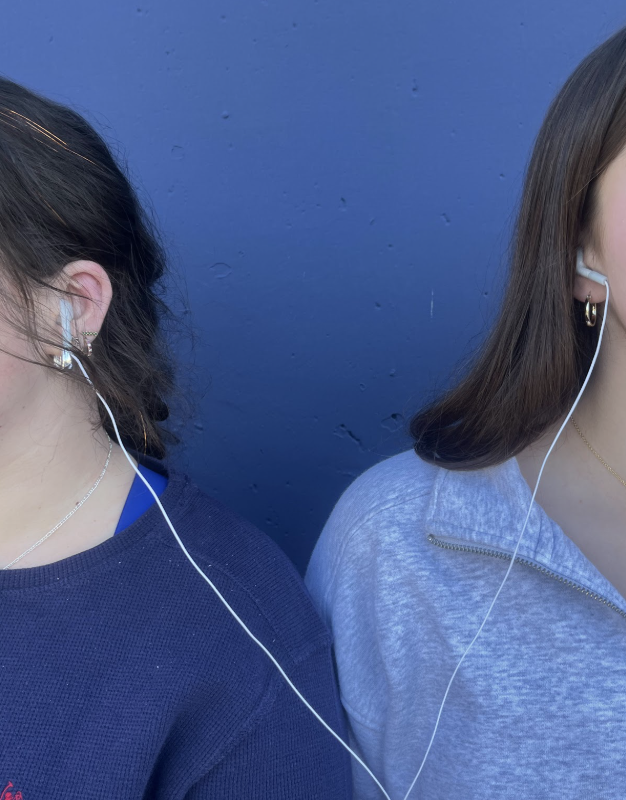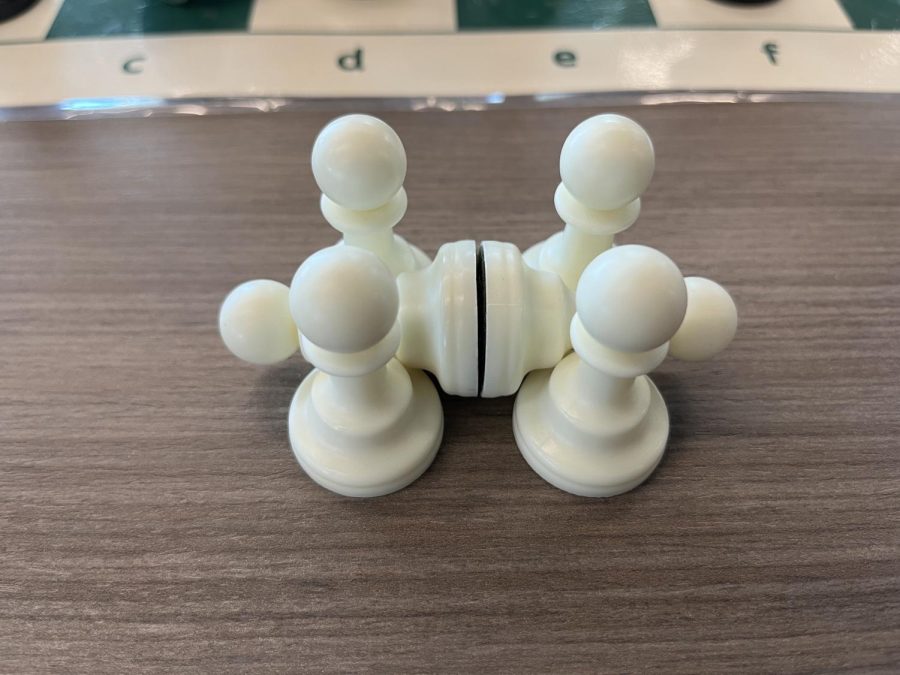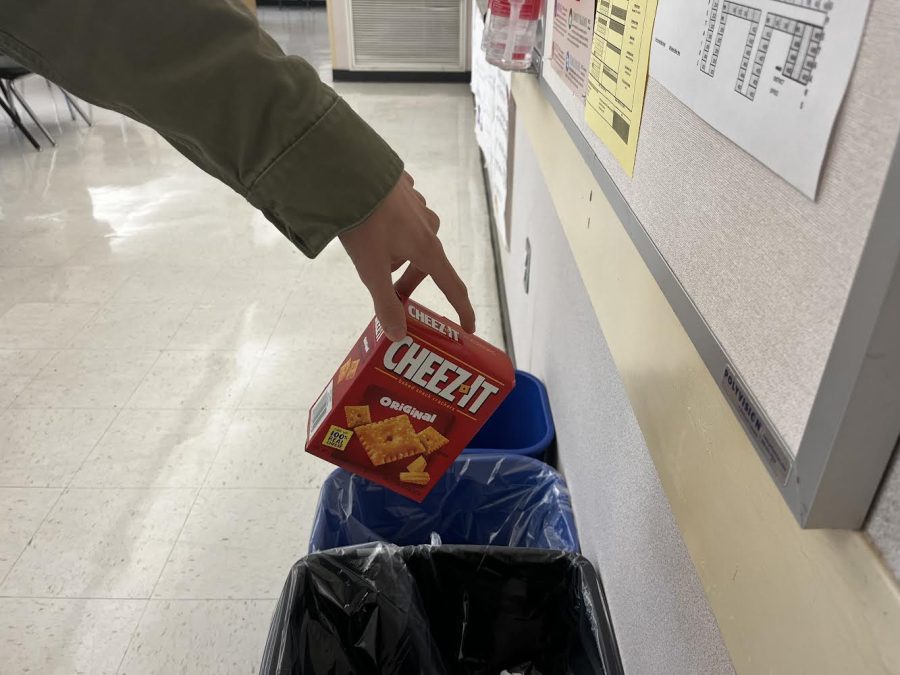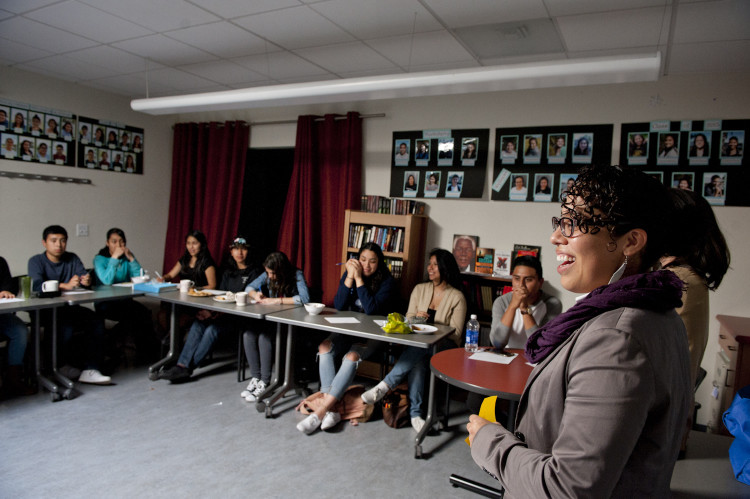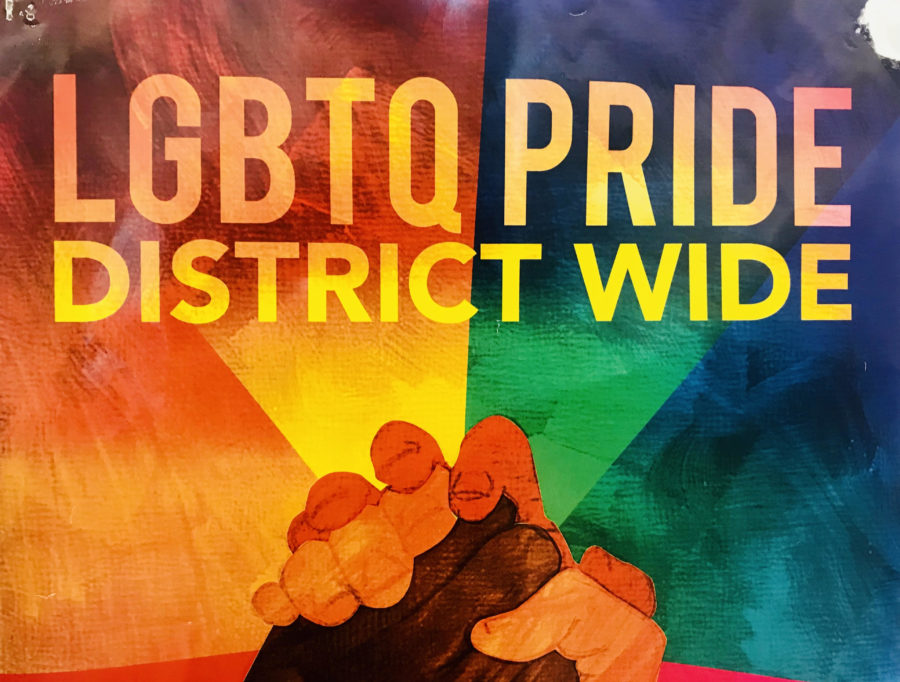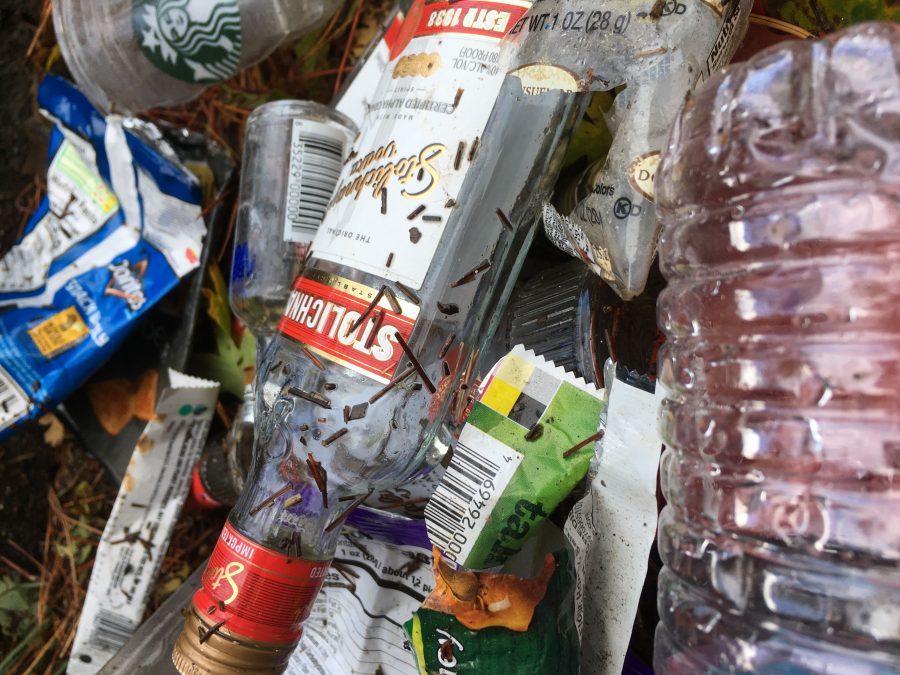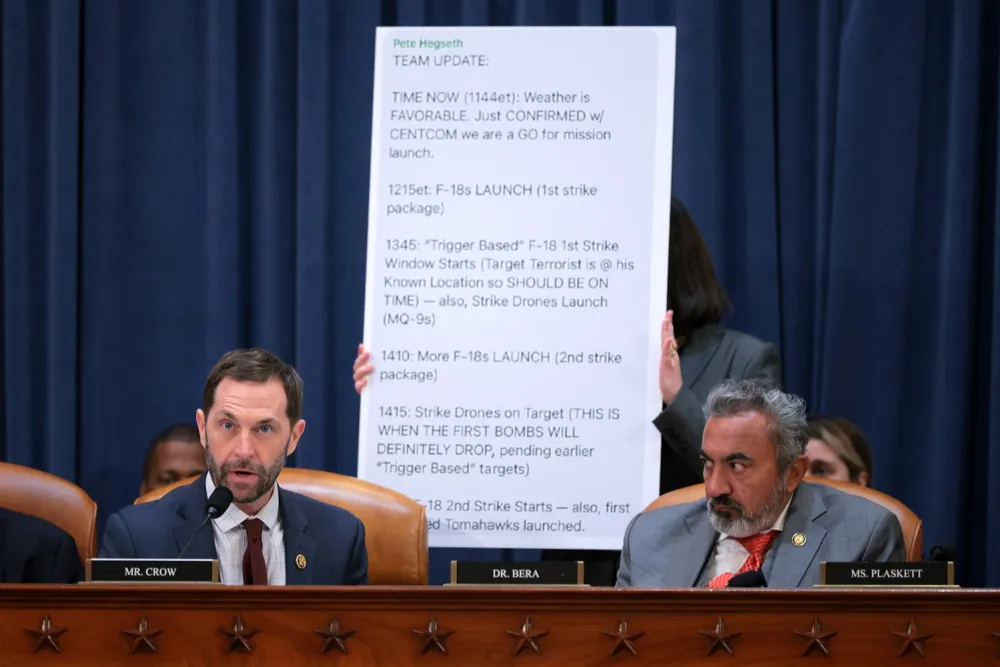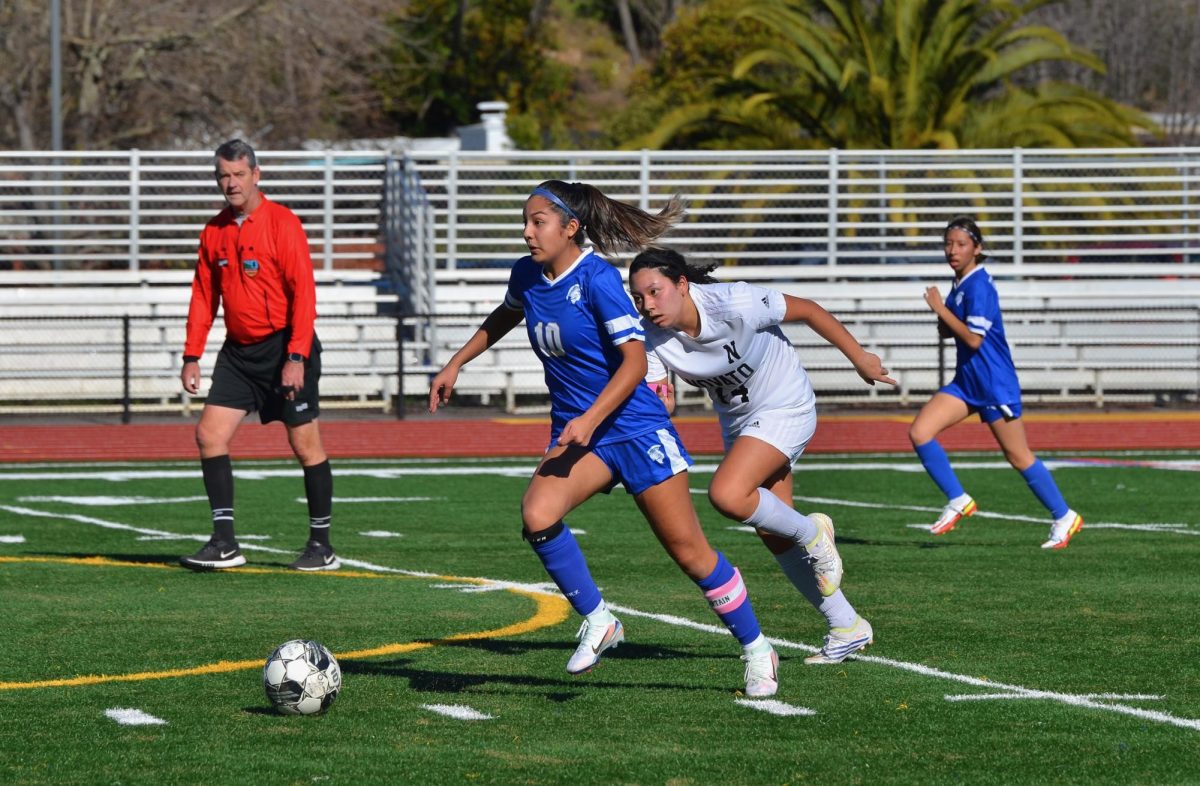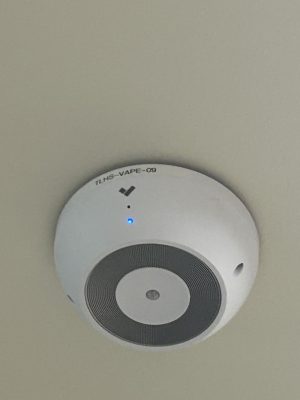Growing Strong: Revamping the Health Curriculum
April 12, 2022
Teachers and administrators of San Rafael City Schools are in the process of implementing much-needed change in the health curriculum. Noticing a greater need for certain health topics and wanting to align the two schools in the district, they are working to make it more beneficial for students and teachers.
Having the same curriculum at San Rafael High School and Terra Linda High School allows teachers to work together to make it more helpful and engaging for students. Tyler Graff, Executive Director of Secondary Education for San Rafael City Schools, is working on the revamping of the curriculum. “We’re trying to make sure that we can offer an opportunity for teachers to collaborate and make the program better.”
Graff also stressed the importance of having a curriculum that fits students’ needs. He described that learning about mental health, physical health, nutrition, drugs and alcohol, and relationships is “an important piece for students to have.”
The topic of mental health has become more prominent in the past few years, especially due to the pandemic and social media. Teachers and administrators have noticed that students need more help regarding it. “There is a bigger need for mental health supports,” says Graff.
Chelsea Newton, Physical Education and Health Teacher at TL, is also working on the curriculum. Like Graff, she realizes the importance of having a strong mental health curriculum, and believes it’s important for students to have information relevant to their needs.
“We’re missing a chunk of stuff that would be valuable,” says Newton. “Mental health—we need to talk about it.”
Students also feel it’s important to talk about mental health in school. “There is more of a need to talk about mental health issues,” says sophomore Susannah Reibel, “especially because of social media.”
Students also believe the nutrition unit could use some changes. Reibel and sophomore Sonia McKenzie recall being asked to keep a food journal and count their calorie intake. According to a study published by the National Library of Medicine, that behavior can lead to mental health issues and eating disorders.
“It was kind of ironic that the nutritional health unit could negatively affect mental health,” observes McKenzie. “Tracking calories is probably not a good thing for some people. That’s an old way of thinking.”
Newton describes the current curriculum as “dated.” She added, “I still have to look up information that’s current and [relevant].”
Teachers and administrators are doing their best to shape the curriculum to students’ needs. “We’re trying to narrow down what the most valuable information is right now for our students,” says Newton.
To make the material more beneficial and engaging, they want to incorporate student voices. “I think that students’ voices are so valuable,” she says.
But there is a challenge in knowing what students need, she explains. Masks have created a communication barrier and have given teachers more difficulty in knowing how their students feel about the class. “It’s hard to read eyes these days.”
Surveys definitely help, but she doesn’t want to constantly give them to her students. “I don’t want to overwhelm students with surveys,” she adds.
Administrators hope that the curriculum will be completed by the end of summer.









